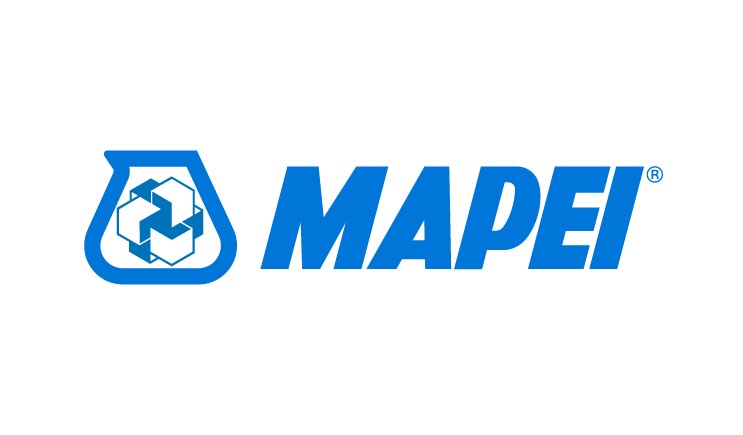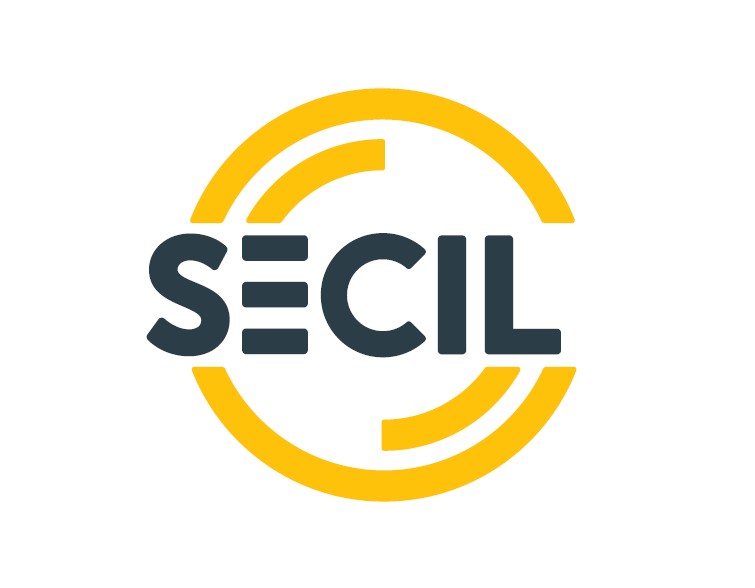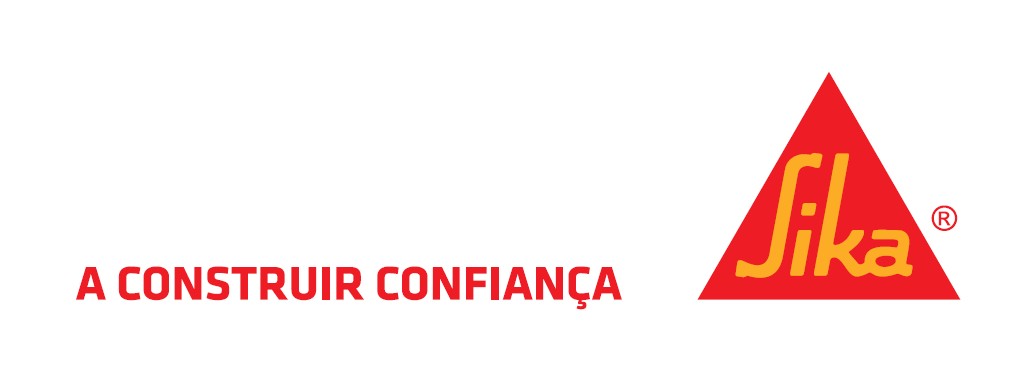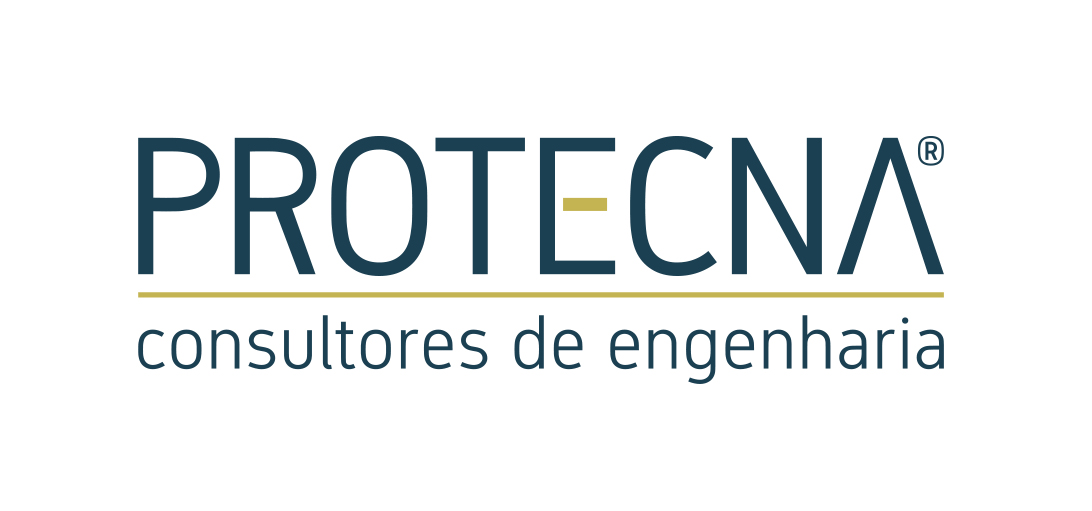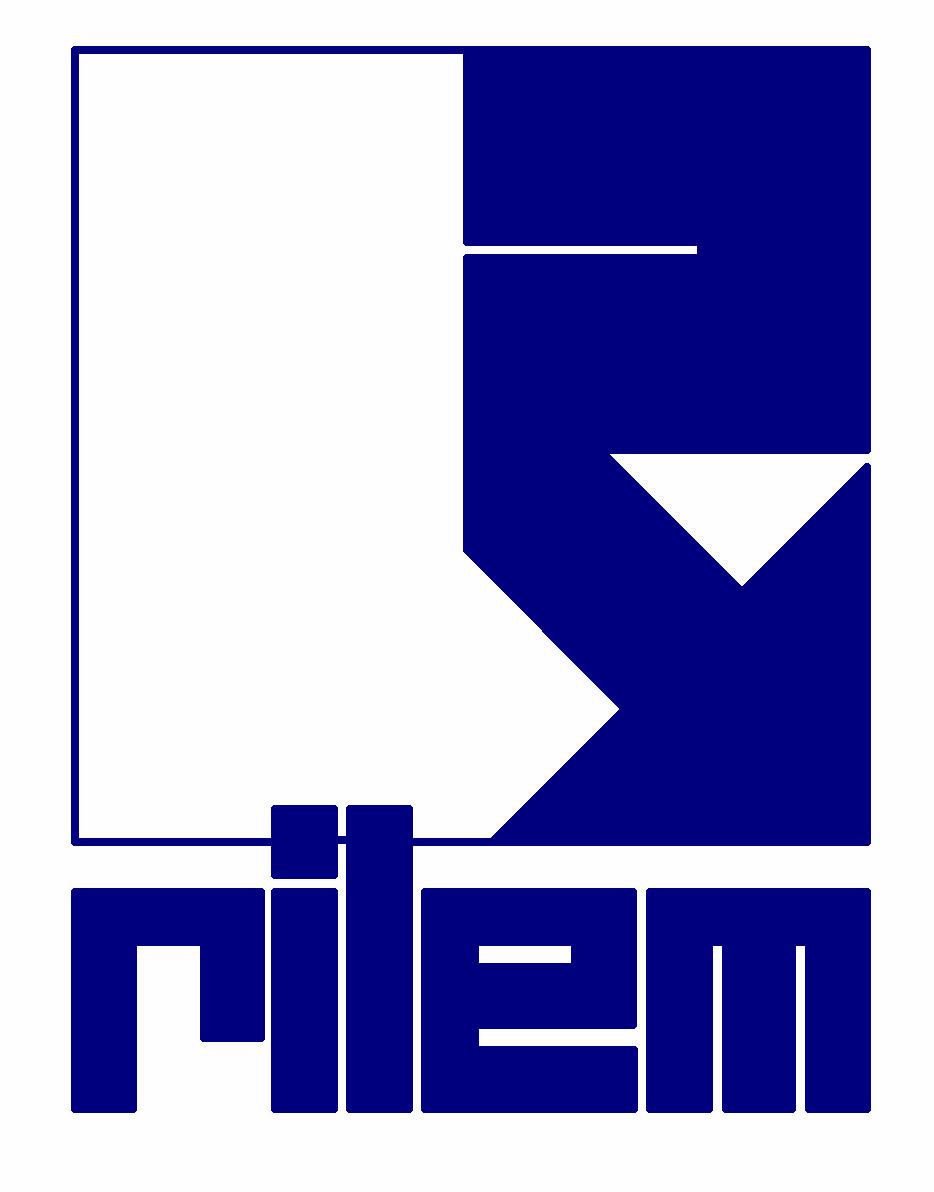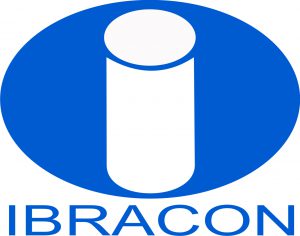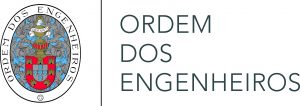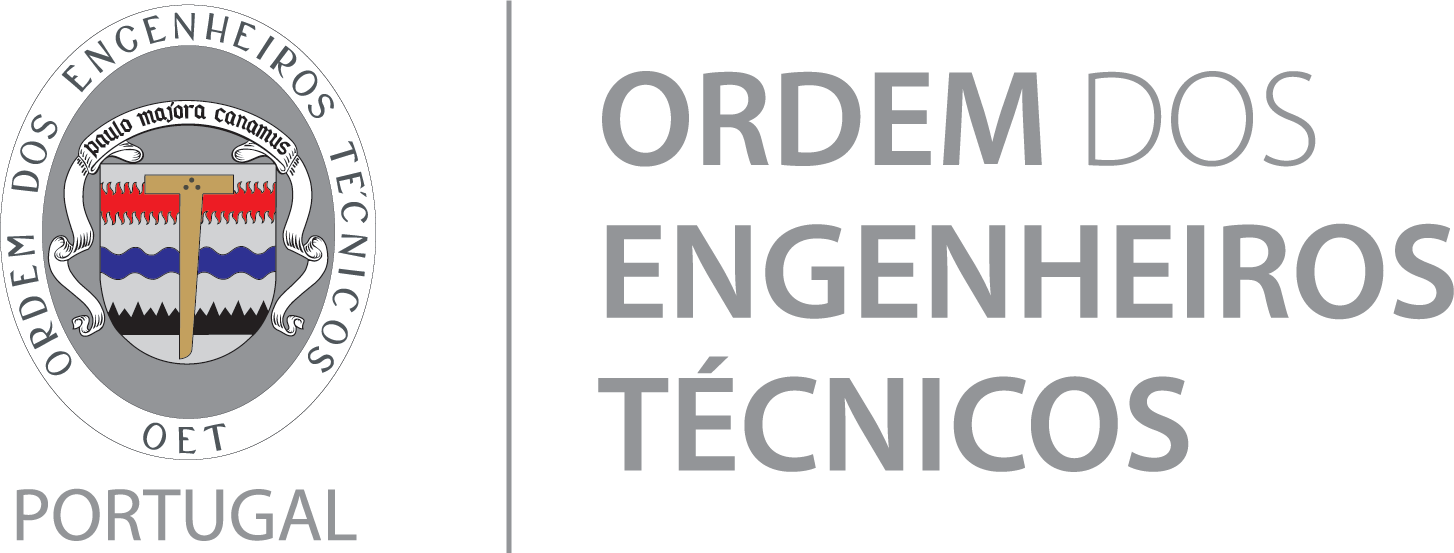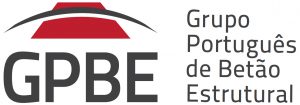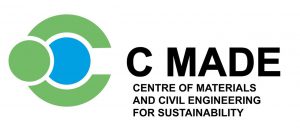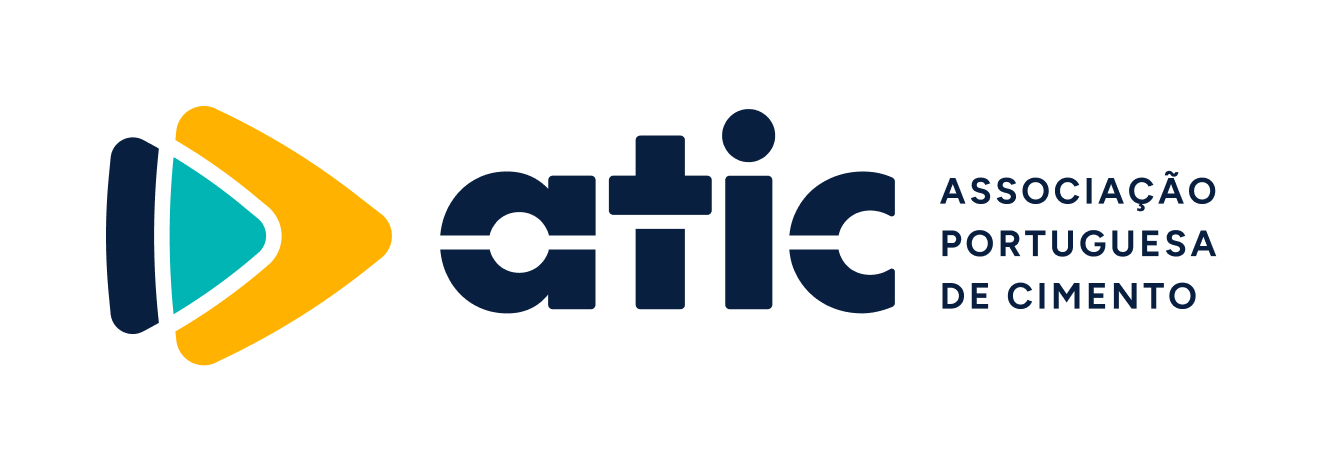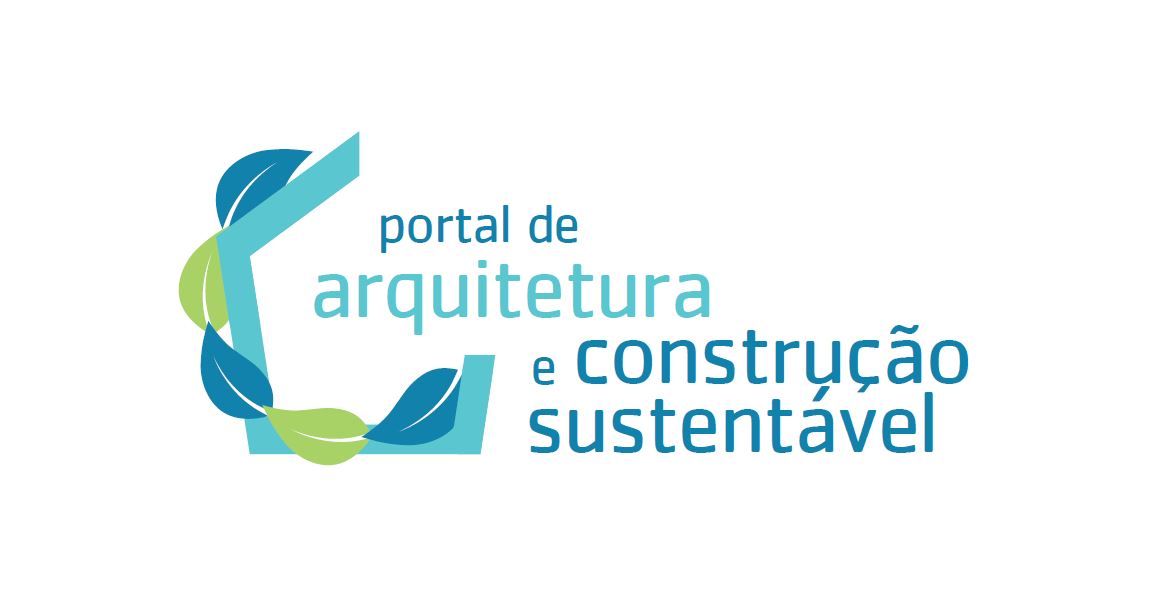



Home
The 6th Ibero-American Congress on Special Concretes (concrete and sustainability), HACBAC2025, is a congress whose aim is to bring together valid, original and innovative contributions to the development of knowledge on the material concrete and particularly on special concretes, in a multidisciplinary way, addressing the various issues related to the impact of this area of research, which will necessarily have to overcome various challenges in the near future, both in academia and in industry.
This is a continuation of the series of Ibero-American congresses that began in Valencia in 2008, followed by editions in Guimarães, Madrid, Porto and Valencia again, which were interrupted by the untimely pandemic. We are currently experiencing new interests and challenges, which is why we are proposing a call for proposals geared towards sustainability.
This 6th edition of HACBAC, organized by the University of the Algarve (UAlg), the National Engineering Laboratory (LNEC), the Polytechnic University of Valencia (UPV) and the University of Cadiz (UCA), will take place on September 18 and 19, 2025, in the historic coastal city of Faro, Algarve, Portugal, at the Higher Institute of Engineering of the University of the Algarve.
The official languages of HACBAC2025 will be Portuguese, Spanish and English.




Conference Topics
The aim of the organization is to hold an event that brings together specialists from Ibero-American countries, but not exclusively, who work or study on issues related to the formulation, behaviour, production or use of concrete. The scope of HACBAC2025 covers, but is not limited to, the following topics:
a
- Constituents
- Low environmental impact binders
- Use of unconventional materials
- Composition and performance
- Formulation methods
- Test methods
- Rheology
- Experimental characterization
- Special concretes
- Self-compacting concrete
- Concrete with fibers
- High-performance concrete
- Lightweight concrete
- Printed concrete
- Other types of concrete
- Applications
- Precast concrete
- Specific applications
- Efficient use of concrete
- Technology
- Case studies
- Rehabilitation
- Pathology
- Inspection and testing methods
- Case studies
- Standardization
- Standardization / certification
- Assessing the sustainability of concrete
- The sector’s sustainability policies
- Artificial Intelligence algorithms applied to concrete
- Prediction and characterization of concrete properties
- Concrete optimization problems
- Sustainability in concrete
- Concrete production and quality control
- Monitoring and maintenance of concrete elements
Important Dates
Deadline for abstract submission: February 15, 2025
Notification of acceptance of abstracts: February 28, 2025
Deadline for article submission: May 31, 2025
Notification of article acceptance: June 30, 2025
Early registration by: July 31, 2025
Regular registration until: September 10, 2025
Submissions
Authors can participate in HACBAC2025 by submitting articles (maximum 8 pages) in one of the 3 official languages of the congress (Portuguese, Spanish or English).
- Accepted papers will be presented in person in a 10-minute oral session followed by a 5-minute debate.
Authors should take the following guidelines into account:
- Authors must use the Word Template available here both to prepare the abstract or final paper.
- Final papers (in PDF) are sent via the following link:
http://www.webchairing.com/hacbac2025/intra/ (login-credentials sent in the abstract acceptance email)
- The responsibility for the content of the documents lies with the authors, who are checked for plagiarism, which in its presence leads to the outright exclusion of the document.
- Each paper will be peer-reviewed by at least two members of the Scientific Committee and accepted on the basis of its originality, scientific significance and clarity.
It has been agreed with the journal Materiales de Construcción to publish a special issue featuring a selection of articles submitted to HACBAC2025.
https://materconstrucc.revistas.csic.es/index.php/materconstrucc
Those interested must follow a selection process:
When submitting the article to the congress, interested authors must indicate it on the congress platform.
During the review process of the final congress paper, the Scientific Committee (SC) will select, among the candidates, those considered most suitable.
Selected articles will include only an abstract in the congress proceedings.
Once proposed, the authors must submit the full article to the journal, following its template and submission conditions, and undergo its external peer-review process.
https://materconstrucc.revistas.csic.es/index.php/materconstrucc/about/submissions
The special issue is expected to be published in the first quarter of 2026, subject to the review timeline.
Registration
Registration – until July 31 450 euros, until September 10 550 euros. Each valid registration allows for the submission of one article. Each additional article will cost an additional 200 euros.
Members/associates of entities that provide institutional support to HACBAC2025 have a 10% discount on the registration fee.
Student – 150 euros (does not include food)
Escort for dinner only – 50 euros
All participants must make their registration by filling out the registration form
Registration will only become effective after payment has been received.
Committees
Organizing committee
- Miguel Oliveira, University of Algarve, Portugal (Chair)
- Pedro Serna, Polytechnic University of Valencia, Spain
- António Bettencourt Ribeiro, LNEC, Portugal
- Lola Rubio Cintas, University of Cadiz, Spain
- Fátima Farinha, University of Algarve, Portugal
- Marta Marçal Gonçalves, University of Algarve, Portugal
- David Pereira, Universidade do Algarve, Portugal
Scientific Committee
Aires Camões (University of Minho, Portugal)
Aitor Llano Torre (Rover Grupo, Spain)
Albert de la Fuente (Polytechnic University of Cataluña, Spain)
Ana Mafalda Matos (University of Porto – FEUP, Portugal))
Andrew McCoy (Virginia Tech, USA)
Ángel Castillo Talavera Eduardo (Torroja Institute of Construction Sciences, Spain)
Angel de la Rosa (King Juan Carlos University, Spain)
Antonia Pacios (Polytechnic University of Madrid, Spain)
Antonio Aguado de Cea (Polytechnic University of Cataluña, Spain)
António Bettencourt Ribeiro (National Civil Engineering Laboratory, Portugal)
Antonio Conforti (University of Brescia, Italy)
Angel de la rosa (King Juan Carlos University, Spain)
Antonio Figueiredo (Polytechnic School of the University of São Paulo, Brazil)
António Pinho Ramos (New University of Lisbon, Portugal)
Arnaldo Manoel Carneiro Federal (University of Pernambuco, Brazil)
Belen Gonzalez-Fonteboa (University of La Coruña, Spain)
Berenice Martins Toralles (State University of Londrina, Brazil)
Bernardo Tutikian (University of Vale do Rio dos Sinos, Brazil)
Bryan E. Barragán (Owens Corning, France)
Carlos Aire Untivero (National Autonomous University of Mexico, Mexico)
Damian Beben (Opole University of Technology, Poland)
Eduardo Júlio (University of Lisbon – IST, Portugal)
Emilio García-Taengua (University of Leeds, UK)
Enrique Hernandez Montes (University of Granada, Spain)
Enzo Martinelli (University of Salerno, Italy)
Estefania Cuenca Asensio (Milan Polytechnic, Italy)
Fátima Farinha (University of Algarve, Portugal)
Fernando J. Branco (University of Coimbra, Portugal)
Fernando L. Gayarre (University of Oviedo, Spain)
Flávio A. Silva (Pontifical Catholic University of Rio de Janeiro, Brazil)
Francisca Pérez García ( University of Malaga, Spain)
Francisca Puertas Maroto (Eduardo Torroja Institute of Construction Sciences, Spain)
Francisco Agrela (University of Cordoba, Spain)
Gemma Rodríguez (University of the Republic Montevideo, Uruguay)
Gina Matias (itecons, Portugal)
Guilherme Cordeiro (North Fluminense State University Darcy Ribeiro, Brazil)
Hector Cifuentes (University of Seville, Spain)
Hugo Pinheiro Rodrigues (University of Aveiro, Portugal)
Joana Roncero (Votorantim Cimentos, Spain)
João Batista e Silva (University of Campinas, Brazil)
João Castro Gomes (University of Beira Interior, Portugal)
João Estevão (University of Algarve, Portugal)
Joaquim Barros (University of Minho, Portugal)
Jorge Brito (University of Lisbon – IST, Portugal)
Jorge da Silva Pinto (University of Trás-os-Montes and Alto Douro, Portugal)
José Pinto Duarte (Penn State University, USA)
Juan Carbonell Márquez (University of Malaga, Spain)
Karyne Santos (C5LAB, Portugal)
Konstantin Sobolev (University of Wisconsin-Milwaukee, USA)
Liberato Ferrara (Milan Polytechnic, Italy)
Lluis Gil (Polytechnic University of Cataluña, Spain)
Lola Rubio Cintas (University of Cadiz, Spain)
Luis Fernández Luco (University of Buenos Aires, Argentina)
Luis Segura (University of the Republic Montevideo, Uruguay)
Luisa Andreia Gachet (University of Campinas, Brazil)
Luisa María Gil Martín (University of Granada, Spain)
Manuel Alejandro Ruiz (University of Malaga, Spain)
Manuel Pinheiro (University of Lisbon – IST, Portugal)
Manuel Vieira (National Civil Engineering Laboratory, Portugal)
Maria Esther Fernández (University of the Republic Montevideo, Uruguay)
María Eugenia Rubio (University of Malaga, Spain)
Mário Pimentel (University of Porto – FEUP, Portugal)
Marta Roig-Flores (University Jaume I, Spain)
Mercedes Sanchez Moreno (University of Cordoba, Spain)
Miguel Ángel Vicente (University of Burgos, Spain)
Miguel Costa Nepomuceno (University of Beira Interior, Portugal)
Miguel Oliveira (University of Algarve, Portugal)
Nikola Tosic (Polytechnic University of Cataluña, Spain)
Paulo César Gomes (Federal University of Alagoas, Brazil)
Paulo Guetti (Federal University of Triângulo Mineiro, Brazil)
Paulo Silva Lobo (University of Madeira, Portugal)
Pedro Miguel da Silva (Lisbon Institute of Engineering, Portugal)
Pedro Serna (Polytechnic University of Valencia, Spain)
Raúl Zerbino (National University of La Plata, Argentina)
Ravindra Gettu (IITM Madras, India)
Romeu Vicente (University of Aveiro, Portugal)
Rosa Cristina Lintz (University of Campinas, Brazil)
Rui Duarte Neves (Polytechnic Institute of Setúbal, Portugal)
Sandra Nunes (Delft University of Technology – Netherlands)
Sara Dias (itecons, Portugal)
Sergio Carmona Malatesta (Technical University Federico Santa María de Valparaíso, Chile)
Sergio Yazzar (National University of San Juan, Argentina)
Sindy Seara-Paz (University of La Coruña, Spain)
Teresa Pinheiro-Alves (University of Évora, Portugal)
Valdirene Maria Capuzzo (University of Brasilia, Brazil)
Vítor M. Cunha (University of Minho, Portugal)
Vitor Vermelhudo (SECIL, Portugal)
Keynote Speakers
The Keynote Speakers are:
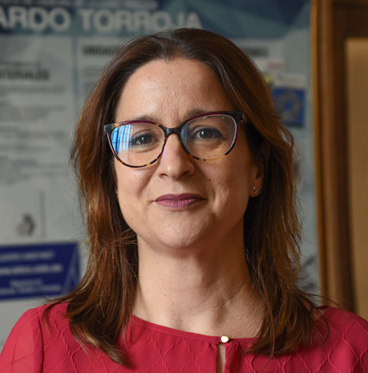
Title of the presentation: Opportunities and challenges of using chemical additives in the development of sustainable concretes
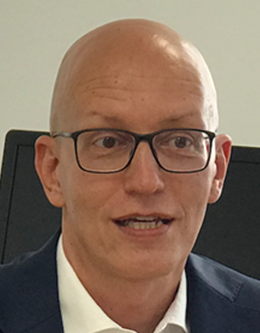
Presentation title: Structural Concrete – Past Developments and Future Challenges
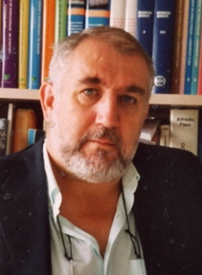
Presentation title: Special concretes and sustainability
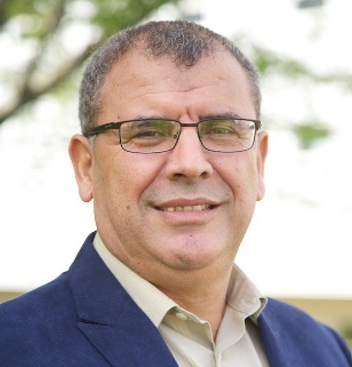
Arezki Tagnit Hamou .
is a professor in the Civil Engineering and Building Engineering Department at the University of Sherbrooke (Canada) and director of the Center of Excellence on Low-Carbone Concrete. He is also a founding member of the International Associated Laboratory ECOMAT. He holds the SAQ Research Chair on the Valorization of Glass in Materials (www.cvvm-saq.ca). He has been working in the field of cement and concrete research for over 30 years. An expert in the microstructure and physico-chemistry of cement and concrete, Professor Tagnit Hamou’s main research interests are the development of alternative cementitious materials and low-carbon concrete. His studies focus on material characterization, hydration, durability and technology transfer. As Chairholder, he works on the valorization of glass in concrete. He is the author of more than 200 peer-reviewed technical papers in international journals, but also in conferences, including patents. He is also the chair of the International Conference on Cementitious Materials and Alternative Binders for Sustainable Concrete (ICCM, www.ICCM2024.com).
Professor Tagnit Hamou is a member of technical committees at the American Concrete Institute (ACI), ASTM, RILEM and the Canadian Standards Association (CSA). He is a Fellow of the ACI (2009) and the first recipient of the ACI-SDC Jean-Claude Roumain Award for Innovation in Concrete. In 2024, he and his colleagues from the GRCB created the UdS Centre of Excellence for Low-Carbon Concrete. Presentation title: 20 Years of Experience in The Valorization of Glass Pozzolan in Concrete
Program
Preliminary Program (To access the Detailed Program click here)
| Lisbon (UTC+1) | September 18 (Thursday) | September 19 (Friday) | September 20 (Saturday) |
|---|---|---|---|
| 9:30 – 10:30 | Opening Session (45 min) | Parallel sessions | |
| 10:30 – 11:00 | Plenary session – Lecture (30 min) | Parallel sessions | Social event – Boat tour |
| 11:00 – 11:30 | Coffee break (30 min) (visit stands) | Coffee break (30 min) (visit stands) | |
| 11:30 – 12:00 | Parallel sessions | Plenary session – Lecture (30 min) | |
| 12:00 – 13:00 | Parallel sessions | Parallel sessions | |
| 13:00 – 14:30 | Lunch (1h30) | Lunch (1h30) | |
| 14:30 – 15:00 | Plenary session – Lecture (30 min) | Plenary session – Lecture (30 min) | |
| 15:00 – 16:30 | Parallel sessions | Parallel sessions | |
| 16:30 – 17:00 | Coffee break (30 min) (visit stands) | Coffee break (30 min) (visit stands) | |
| 17:00 – 18:00 | Parallel sessions | Parallel sessions | |
| 18:00 – 18:30 | Parallel sessions | Closing session (30 min) | |
| 20:30 | Dinner |
Information for Participants
Information for participants
To be completed…
Social Events
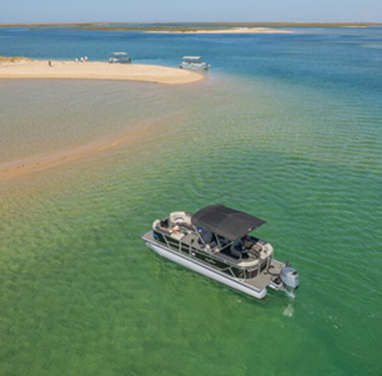
Boat Trip on the Ria Formosa in Faro – September 20th (Saturday) from 10:30 to 11:30 am. Departing from Faro Docks/Faro Marina, aboard a comfortable catamaran, this one-hour boat trip on the Ria Formosa takes you past the highlights of this incredible natural park. We explore the lagoon, where numerous wading birds can be seen feeding on small organisms that live in the marshes. And of course, we sailed along the numerous picturesque canals for which this protected area is famous. Back on land, the journey ends with beautiful views of Faro’s old city walls.
Price per person: €25.00
(minimum of 10 participants)
Maximum capacity per vessel: 10 people
Includes:
• 1-hour boat trip
• Life jackets
• Local guide and live commentary on board
Book during registration or by contacting: evelyn.buarque@abreu.pt
Information and Venue
HACBAC2025 will take place in Faro, the administrative, social and commercial capital of the Algarve.
The Algarve, located in the south of Portugal, is a well-known tourist region. With a Mediterranean climate, this region is perfect for summer vacations. Some of the best and most beautiful beaches in the world can be found here, making the Algarve a favorite for tourists.
See more information about Faro on the Municipality of Faro website and watch some promotional videos about the Algarve: “Rebond, Rediscover, Relax… in Algarve”, ‘Algarve Craft Food’, ‘The Algarve looks good on you’.
Travel and accommodation
You can travel to Faro by plane, train and bus. Faro International Airport is served by several major airlines. The distance between Faro International Airport and the city of Faro is about 5 km. The city can be reached by cab or bus. Faro’s bus and train stations are located a 2-5 minute walk from the city center.
Faro has a wide choice of accommodation to suit all budgets, from 4-star hotels to hostels.
Our local partner – Abreu Events – has implemented a Hotel Booking
Platform for the congress where you can book your accommodation quickly and
conveniently. September is still high season in the Algarve, so we recommend booking your
accommodation as far in advance as possible. BOOK HERE.
Local
HACBAC2025 will be held at the “Complexo Pedagógico”, Campus da Penha, University of Algarve, Faro, Portugal.
Use this LINK do Google Maps to navigate to the conference venue.
From Faro Airport to the Penha Campus:
Faro airport is 8 km from Campus da Penha. The journey takes approximately 11 minutes by car. You can take a cab or rent a car.
From Faro Airport to the city center:
From Faro Airport to the city center, you can take a cab, rent a car or take a bus. The PROXIMO 14 and 16 bus lines operate from Faro Airport from 05:00 to 23:00. The 20-minute bus ride to Faro is frequent and affordable (€2.40 single fare). For more information, visit www.proximo.pt
From the City Center to the Penha Campus
The “Pedagogical Complex” building on the Penha Campus is located about a 20-minute walk from the city center. Bus line 18 connects the central bus station (near Hotel Eva) to the Penha Campus. GPS: 37 ’01’ 42.4 N 7′ 55′ 28.4 W
Proceedings and Abstracts
Proceedings
The Proceedings book is accessible at this link: http://hdl.handle.net/10400.1/27953
Papers accepted for oral presentation will be published in the conference proceedings.
In addition, articles submitted to the conference may request to be selected for publication in a special issue of the journal that will appear in 2026:
Materiales de Construcción (a scientific journal published by CSIC and edited by Instituto de Ciencias de la Construcción Eduardo Torroja).
In this case, the articles must be written in English and meet the format and length conditions proposed (see submissions), and will follow a review process that guarantees the levels required for the journal. The conference proceedings will only publish a summary of these articles.
Previous conferences
The cycle of Ibero-American conferences on self-compacting concrete (BAC) began in Valencia in 2008, when BAC began its journey as an unavoidable reality in the world of construction.
From the outset, it was created with the aim of disseminating knowledge about this new concrete in Spanish and Portuguese-speaking countries at a scientific level, but without forgetting the practical orientation, trying to reach users and industry.
After the following editions in Guimarães, Madrid and Porto, the fifth edition was held again in Valencia, with the additional purpose of expanding the theme of the congress beyond the focus on BAC. It was a decision based on the tendency for many special concretes to be considered self-compacting and the reality that many of us work on other types of special concretes. As one of the aims of the congress is to facilitate mutual knowledge and generate synergies between our groups, it seemed logical that broadening the theme would be a good idea.
After its success, the pandemic made it difficult to develop new editions. But today we are once again detecting an interest in new challenges, which is why we are proposing the 6th edition, which on this occasion we suggest will focus on the theme of “sustainability” in concrete. This is a very topical subject that will have to overcome many challenges in the near future.
Contact
Do you have any questions? You can write to us.
- For any questions or issues please use the email address hacbac2025@ualg.pt
Postal address
HACBAC2025
ISE, University of Algarve
Penha Campus
8005-139 Faro
Portugal

